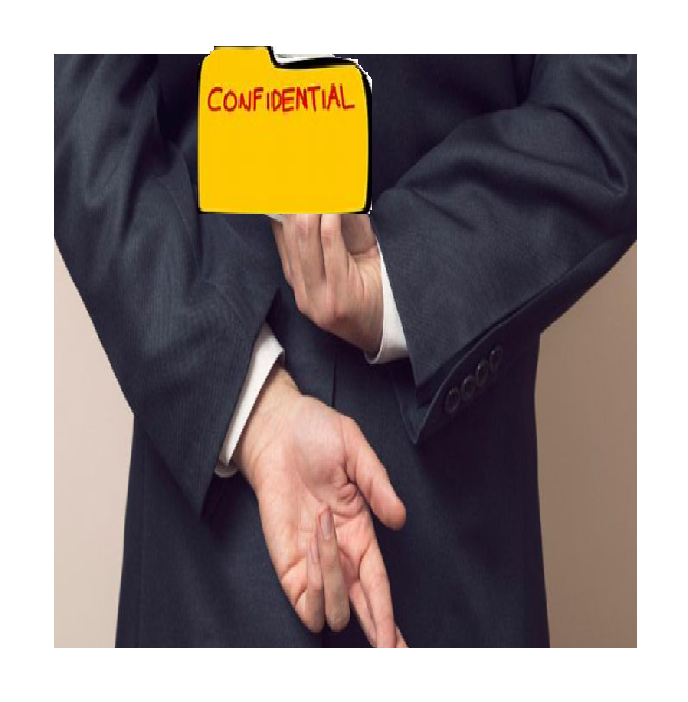Society of Lloyd's v Jaffray and others [2002] EWCA Civ 1101, All ER (D) 399 [2002]
Citation:Society of Lloyd's v Jaffray and others [2002] EWCA Civ 1101, All ER (D) 399 [2002]
Rule of thumb: What happens if a party refuses to provide a document that they have referred to in their pleadings & the lower Court Judge refuses to order them to provide? As per the law of evidence, adverse inference of this showing significant wrongdoing must be drawn from this, and if the lower Court Judge does not apply this ‘adverse inference’ either then the Appeal Courts must do so.
Judgment:
The Court in this case affirmed the ‘best evidence’ principle – where someone holds evidence, either through a witness or a document in a certain area, and they do not provide it properly to the Court, then an ‘adverse inference’ must be drawn from this. Witness lists, document lists and the assessment of these in Court actions must generally be as full and effective as possible, and failure to do this must draw negative factual inferences. A failure to provide the best evidence does not necessarily mean that the party will lose the case, but it does mean that some negative facts in relation to their behaviour must be drawn by the Court. It is up to the Court to decide whether these factual findings are sufficiently negative to deem the law to have been broken, rather than just a failure to reach a gold standard of behaviour. But the Judge must not ignore witnesses and litigants not fully co-operating with the Court and negative inferences must be drawn from it. The application of the ‘best evidence’ principle is a critical part of the law of evidence. The facts of this case were long and complicated and related to Lloyd’s alleged misbehaviour and deceit in relation to their insurance policies covering damages for industrial diseases such as asbestosis. Many different points of law were raised although this case has only focused upon the point of evidence law the Court gave judgement upon, 1/3 Lord Justice Walker ‘It seems to us that on aspects where the evidence points in a direction against Lloyd's in an area which could have been dealt with by Mr Randall 2/3 the judge should have drawn an adverse inference from Lloyd's failure to call Mr Randall to deal with it. This does not mean that any allegation that the Names make against Mr Randall must be accepted because he did not give evidence. 3/3 It simply means that where the evidence points in a certain direction an adverse inference can be drawn from a failure to call the witness to deal with it’, Lord Justice Walker at [406] and [407]

Warning: This is not professional legal advice. This is not professional legal education advice. Please obtain professional guidance before embarking on any legal course of action. This is just an interpretation of a Judgment by persons of legal insight & varying levels of legal specialism, experience & expertise. Please read the Judgment yourself and form your own interpretation of it with professional assistance.

